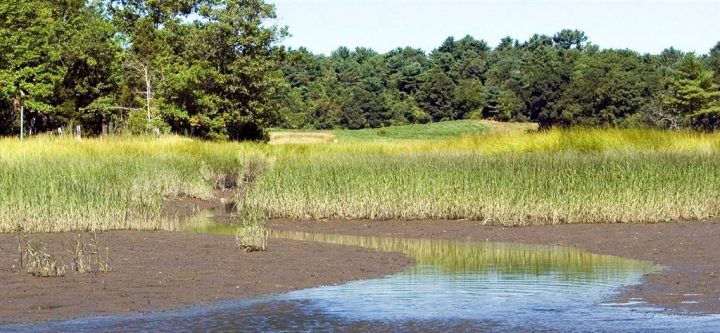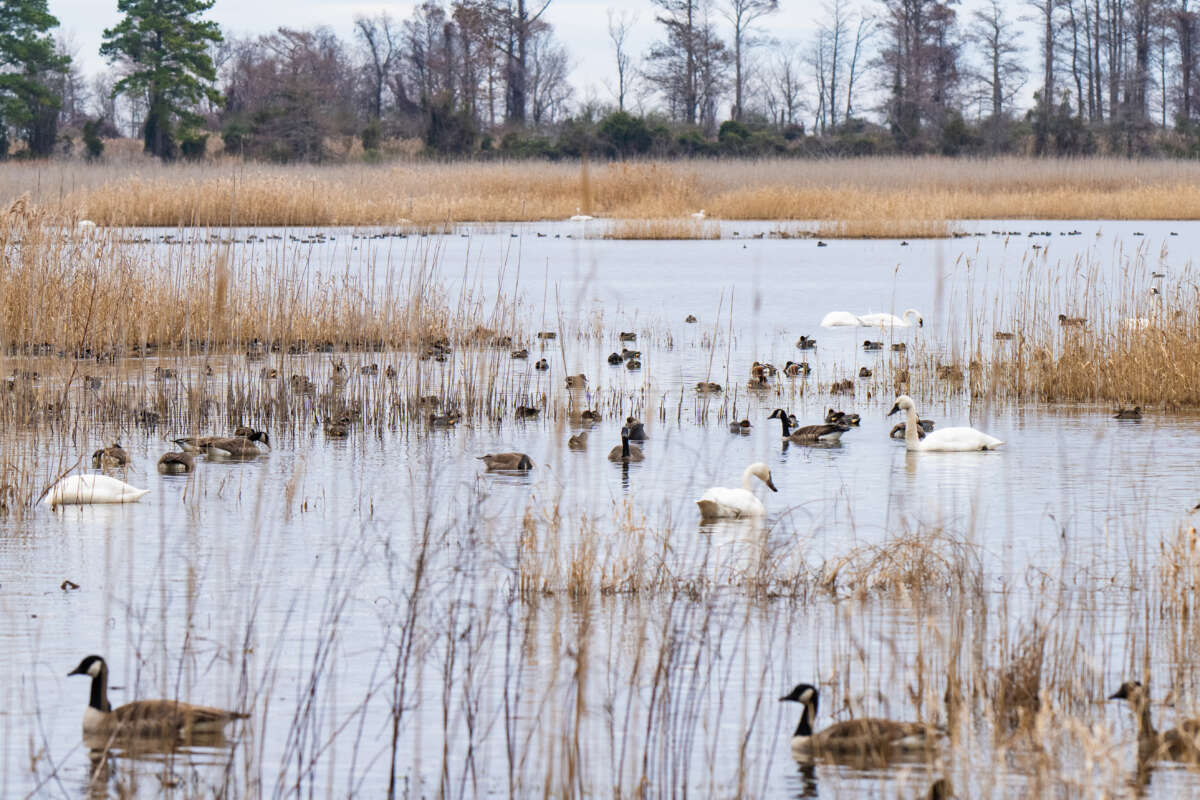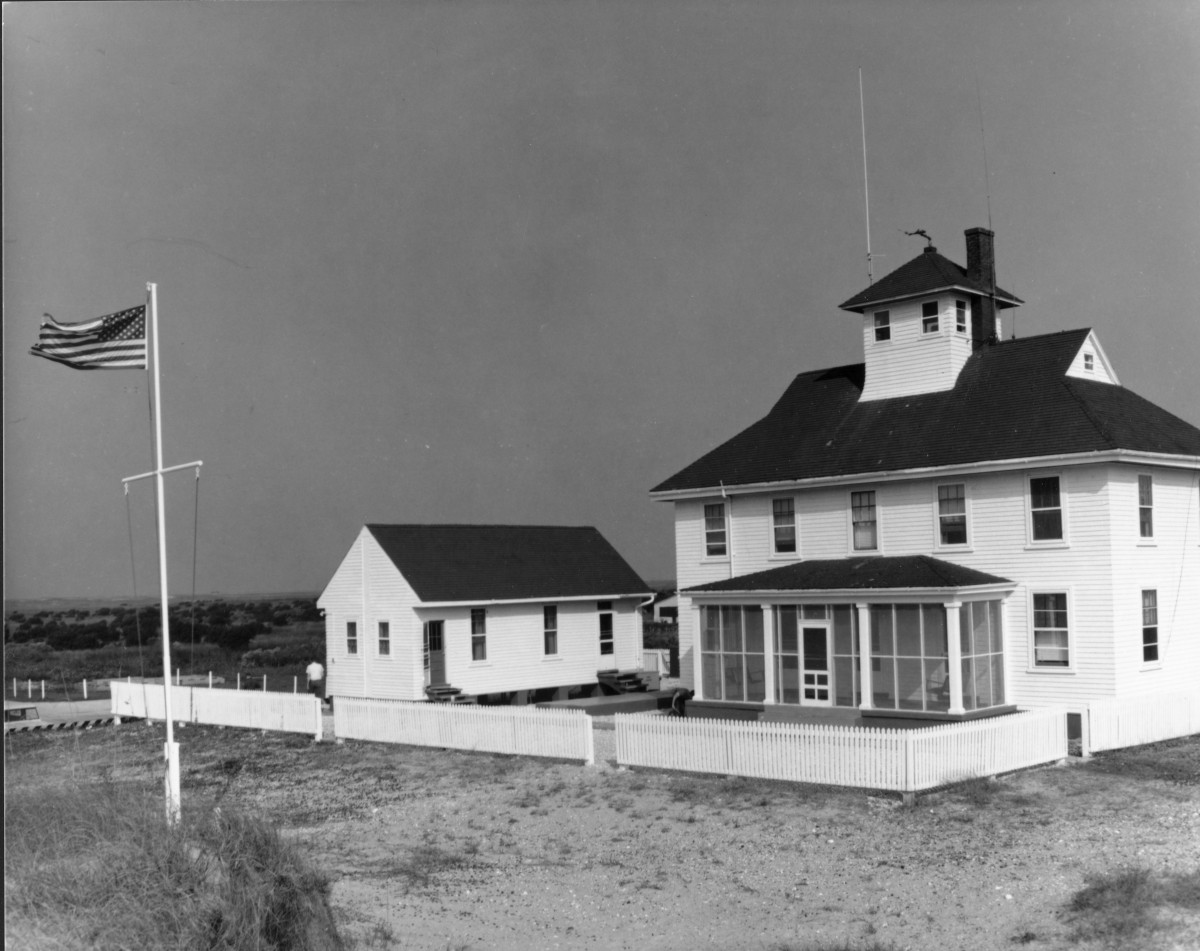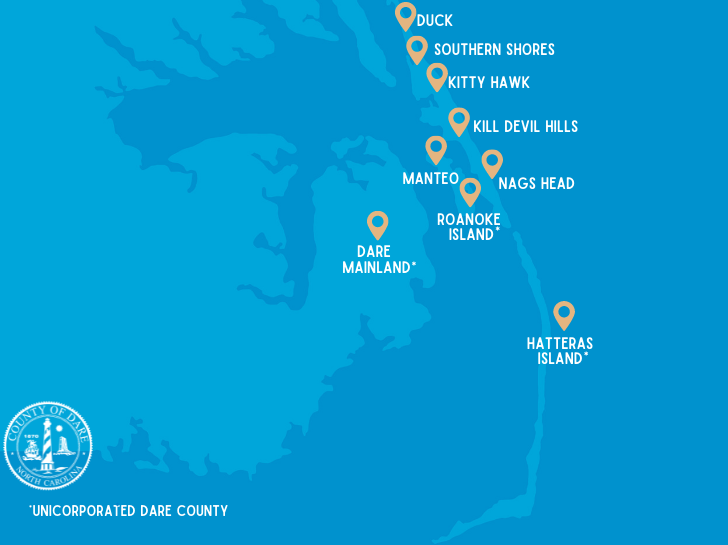
This story has been updated to include comments from DEQ Secretary Michael Regan.
The Trump administration’s controversial narrowing of the definition of waters subject to regulation under the federal Clean Water Act was finalized Thursday, a rolling back of water quality protection for more than half of the nation’s wetlands.
Supporter Spotlight
Opponents of the revision say it will have significant negative effects on North Carolina’s coastal environment and economy. A flood of legal challenges has already begun and environmental advocates are calling for further action.
“Now more than ever, we need leadership in North Carolina to defend the right to clean water so that our environment, communities, and economy can continue to thrive,” said Matthew Starr, the Upper Neuse Riverkeeper with the nonprofit Sound Rivers.
Andrew Wheeler, administrator of the Environmental Protection Agency, and Assistant Secretary of the Army for Civil Works R.D. James announced Thursday the new definition for “waters of the United States” in Las Vegas during a National Association of Home Builders International Builders event. The new Navigable Waters Protection Rule protects the nation’s navigable waters from pollution and will result in economic growth across the country, the officials said.
The new rule replaces the approach in a 2015 rule and prior regulation that the administration said, “may have greatly expanded Washington’s control over local land use decisions.”
The change removes protections for 18% of streams and 51% of wetlands in the U.S., according to an EPA slideshow obtained by E&E News under a Freedom of Information Act request.
Supporter Spotlight
“EPA and the Army are providing much needed regulatory certainty and predictability for American farmers, landowners and businesses to support the economy and accelerate critical infrastructure projects,” Wheeler said. “After decades of landowners relying on expensive attorneys to determine what water on their land may or may not fall under federal regulations, our new Navigable Waters Protection Rule strikes the proper balance between Washington and the states in managing land and water resources while protecting our nation’s navigable waters, and it does so within the authority Congress provided.”
James said that having farmed for decades, he had personally experienced confusion regarding the scope of the Clean Water Act.
“Our rule takes a common-sense approach to implementation to eliminate that confusion,” he said.
Officials said that with the rule, the EPA and the Army are recognizing for the first time the difference between federally protected wetlands and state protected wetlands. The rule details what waters are not subject to federal control, including features that only contain water in direct response to rainfall, groundwater, most farm and roadside ditches, prior converted cropland, farm and stock watering ponds, and waste treatment systems.
North Carolina Department of Environmental Quality Secretary Michael Regan said Friday that wetlands cover an estimated 5.7 million acres, or 8,906 square miles, of North Carolina, or 17% of the land area of the state. They play a critical role in filtering pollution and slowing stormwater during flooding events.
“We are highly concerned about the impact of the revised “Waters of the U.S.” rule on North Carolina’s wetlands. The rule clearly ignores the science-based recommendations provided by this department to ensure the protection of the state’s water quality, unique natural resources and the economic benefits associated with them,” said Reagan. “DEQ will continue to use the state’s authority to protect North Carolina’s water quality and natural resources for the people of our state.”
In comments on the proposed rule submitted in April 2019, DEQ called for a science-based approach and raised concerns about the regulatory gaps and shift to states and their underfunded, understaffed regulatory agencies the new definition would create.
The EPA said it had received about 620,000 comments on the change, which the agency said “balances the input the agencies received from a wide range of stakeholders.”
Environmental advocates in North Carolina say the rollback will reverse decades of work to protect and enhance thousands of acres of wetlands, hundreds of miles of coastal marshes and thousands of acres of estuarine waters, weakening the state’s coastal economy that relies on clean water.
The North Carolina Coastal Federation said in comments submitted in April 2019 the change would open more lands for development, resulting in increased runoff of contaminated stormwater and increase the amount of pollution carried downstream from ephemeral streams and tributaries excluded from federal jurisdiction under the rule.
A coalition of 14 states in December sued the Environmental Protection Agency over the revision, which was also opposed by the EPA Science Advisory Board. The plaintiffs include New York, California, Connecticut, Illinois, Maine, Maryland, Michigan, New Jersey, Oregon, Rhode Island, Vermont, Washington, Massachusetts and Virginia as well as the city of New York and the District of Columbia. The lawsuit alleges the agencies did not follow the Administrative Procedure Act in overturning the 2015 rule.
The revision includes more limited circumstances where wetlands are subject to regulation. The changes remove protections from drinking water sources for 200 million Americans, including the drinking water for three of every five North Carolinians, according to the Southern Environmental Law Center, which in October 2019 filed a lawsuit challenging the repeal on behalf of American Rivers, Charleston Waterkeeper, Chattahoochee Riverkeeper, Clean Water Action, Defenders of Wildlife, Friends of the Rappahannock, National Wildlife Federation, Natural Resources Defense Council, North Carolina Coastal Federation, North Carolina Wildlife Federation and South Carolina Coastal Conservation League.
“If allowed to stand, this bulldozing of clean water protections would be among this administration’s dirtiest, most dangerous deeds. We plan to fight them with everything we have to protect our communities and clean water,” said attorney Blan Holman, leader of SELC’s Clean Water Defense Initiative.







